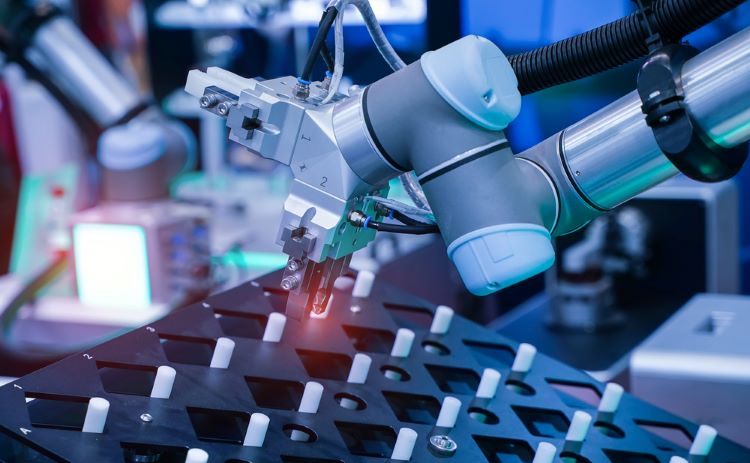Swedish innovation agency invests in new ATMP QC method
Posted: 9 November 2022 | Catherine Eckford (European Pharmaceutical Review) | No comments yet
A new project funded by Swedish innovation agency Vinnova, will help develop an AI-based quality control method for ATMP manufacturing.


Vinnova’s SEK320 million (€29 million) investment in Transfer, a two-year research project developing an AI-based quality control (QC) method using gene expression patterns to classify cells for Advanced Therapy Medicinal Product (ATMP) manufacturing, could lead to the method becoming the recommended ATMP QC method.
Vinnova states the project will support creation of a new AI-supported platform. Based on RNA sequencing data, the information can be translated into simpler, faster and cheaper quantitative real-time polymerase chain reaction (qPCR) analyses. According to the government innovation agency, streamlining the data will help produce safe ATMP products via an industrial quality control process.
Current quality control methods of cell material rely on separately analysing dataset variables, which is labour and resource intensive. Detecting poor cell quality early in the process can be difficult, which can lead to higher costs.
The AI-based QC method for ATMP manufacturing
The method will use two different data types: RNA sequencing data and qPCR data. The first data type will be more cost-effective, since sequencing data for training the model, then fine-tuning the model with qPCR data is more accurate. The ability for the procedure to be done early in the process and repeated, will vastly improve QC testing of ATMPs.
The project, initiated in October 2022, is part of the agency’s plans to make Sweden a key leader in ATMPs by 2030.
Vinnova’s project will be a collaboration between:
- Takara Bio Europe, a biotech company focusing on stem cell technologies, good manufacturing practice (GMP) and ATMP development
- RISE, who work on single-cell qPCR and validation
- TATAA Biocenter, a bioanalytical contract research organisation (CRO) skilled in single-cell technology and business development
- MultiD will contribute to software development
- University of Skövde will aid in AI, bioinformatics and large-scale data analysis.
Related topics
Biologics, Biopharmaceuticals, Data Analysis, Good Manufacturing Practice (GMP), Polymerase Chain Reaction (PCR), Production, QA/QC, qPCR, Research & Development (R&D), RNA, Sequencing
Related organisations
MultiD, RISE, Takara Bio Europe, TATAA Biocenter, ThermoFisher, University of Skövde, Vinnova









